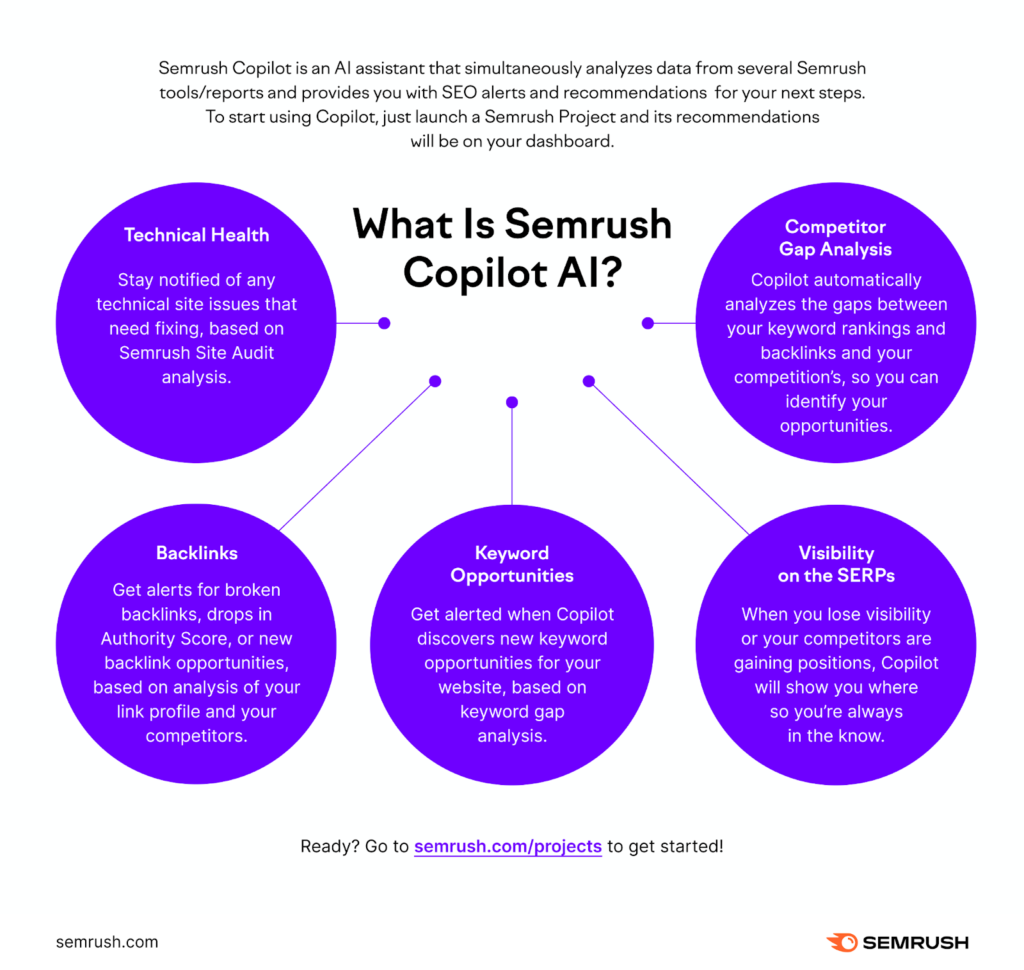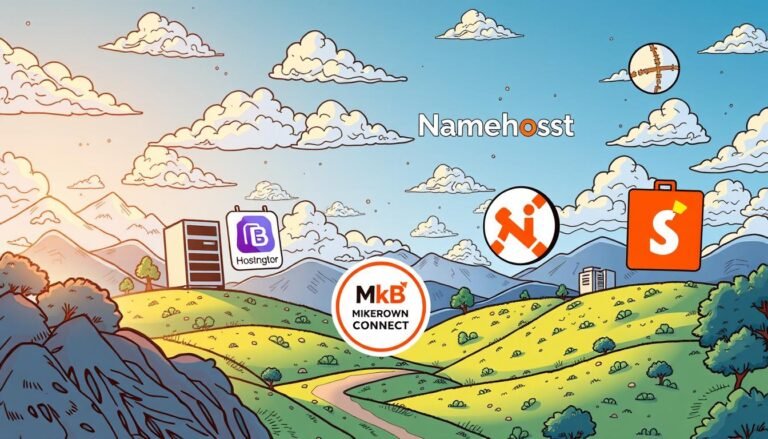Introduction:
Hey there, fellow e-commerce enthusiasts! Are you ready to take your online store to the next level? Well, buckle up because I’m about to spill the beans on the best SEO tools that’ll make your e-commerce site shine brighter than a diamond in a coal mine! Did you know that 39% of all global e-commerce traffic comes from search? That’s right – we’re talking serious money on the table here, folks. As someone who’s been in the trenches of e-commerce SEO for years, I can tell you that having the right tools in your arsenal is like having a secret weapon. So, let’s dive in and explore the crème de la crème of SEO tools that’ll have your products flying off the virtual shelves faster than you can say “add to cart”!
Why Your E-commerce Site Needs Killer SEO Tools
- The cutthroat competition in online retail
- The ever-changing landscape of search engine algorithms
- The need for data-driven decisions in your SEO strategy
- The potential for massive ROI with improved organic rankings
- The importance of user experience in e-commerce SEO
Listen up, because this is important stuff! In the wild world of e-commerce, standing out is tougher than trying to find a needle in a haystack – while blindfolded. That’s where these killer SEO tools come in handy. They’re not just fancy gadgets; they’re your secret weapons in the battle for online visibility.
First off, let’s talk about the competition. It’s fierce out there! You’re not just competing with the shop down the street anymore; you’re up against every online store in your niche, worldwide. It’s like being in a global talent show, but instead of juggling flaming torches, you’re juggling keywords and backlinks.
And don’t even get me started on those search engine algorithms. They change more often than I change my socks (which is daily, I promise). One day you’re on top of the world, ranking #1 for your target keywords, and the next day you’ve dropped faster than a hot potato. These SEO tools help you stay ahead of the curve, adapting to changes before they knock you off your perch.
Now, let’s talk about data. In the world of e-commerce SEO, flying blind is about as effective as trying to sell ice to eskimos. You need cold, hard data to make decisions that’ll move the needle. These tools give you that data on a silver platter, helping you make informed choices about everything from your site structure to your product descriptions.
And the potential ROI? Oh boy, it’s enough to make your accountant do a happy dance. When you nail your SEO strategy, you’re not just getting more traffic – you’re getting targeted traffic. People who are looking for what you’re selling. It’s like having a store on the busiest street in town, but without the crazy rent prices.
Lastly, don’t forget about user experience. In e-commerce, UX isn’t just a nice-to-have; it’s a must-have. Google loves sites that users love, and these tools help you create a site that’s smoother than a fresh jar of Skippy. From page speed to mobile optimization, they’ve got you covered.
So, buckle up, buttercup! We’re about to dive into the tools that’ll transform your e-commerce site from a small-town shop to a global emporium. Let’s do this!
Top 10 SEO Tools for E-commerce Websites
- Comprehensive keyword research tools
- On-page SEO optimization tools
- Technical SEO audit tools
- Backlink analysis and building tools
- E-commerce-specific SEO plugins
Alright, drum roll please! It’s time to unveil the stars of the show – the top 10 SEO tools that’ll make your e-commerce site sparkle like a diamond in a sea of cubic zirconia. These aren’t just any old tools; they’re the crème de la crème, the bee’s knees, the… well, you get the idea.
Let’s kick things off with keyword research tools. These bad boys are like having a mind-reading device for your customers. They’ll tell you exactly what people are searching for, how often they’re searching for it, and how tough the competition is. It’s like being able to eavesdrop on every potential customer’s thoughts – but legal and much less creepy.
Next up, we’ve got on-page SEO optimization tools. These are your personal website whisperers. They’ll analyze your pages faster than my teenager can empty the fridge, pointing out every little thing you can tweak to make Google fall head over heels for your site. From title tags to image alt text, they’ve got your back.
Now, let’s talk about technical SEO audit tools. These are the digital doctors for your website, giving it a full check-up and pointing out any issues that might be holding you back. Broken links? They’ll find ’em. Slow loading times? They’ll flag ’em. It’s like having a super-smart, insomniac intern constantly checking your site for problems.
Backlink analysis and building tools are next on our hit parade. These tools are like having a popular kid vouching for you in high school. They’ll help you find out who’s linking to you, who’s linking to your competitors, and where you can get more of those juicy, authority-boosting backlinks.
Last but not least, we’ve got e-commerce-specific SEO plugins. These are the special sauce for your online store. They’re designed specifically for e-commerce platforms, helping you optimize everything from your product pages to your checkout process. It’s like having a team of SEO experts working 24/7 to make your store irresistible to both search engines and shoppers.
- Yoast SEO for WooCommerce: This plugin extends the popular Yoast SEO tool specifically for WooCommerce stores. It helps optimize product pages, generates rich snippets for search results, and improves internal linking structure.
- Rank Math for WooCommerce: Another powerful SEO plugin that offers e-commerce-specific features like product schema markup, advanced breadcrumbs, and easy integration with Google Search Console.
- SEOPress for WooCommerce: This all-in-one SEO solution provides features tailored for e-commerce, including product rich snippets, XML sitemaps for products, and social media optimization for product pages.
- Shopify SEO Suite by Booster Apps: For Shopify users, this app offers comprehensive SEO optimization, including bulk editing of meta tags, automatic alt text generation for product images, and advanced schema markup. Click the link to try-out Shopify for FREE
- Magento 2 SEO Extension by Mageplaza: This extension for Magento 2 stores provides features like XML sitemap generation, rich snippets for products, and optimization for product URLs and meta tags.
- BigCommerce SEO Pro: An official BigCommerce app that offers advanced SEO features like custom URLs for products and categories, 301 redirects management, and enhanced schema markup.
These tools are designed to integrate seamlessly with their respective e-commerce platforms, making it easier for store owners to optimize their sites for search engines without needing extensive technical knowledge.
Stay tuned, because I’m about to dive deep into each of these tools, showing you exactly how they can transform your e-commerce site from a small-town shop to a global powerhouse. Get ready to take notes, folks – this is the good stuff!
How to Choose the Right SEO Tools for Your E-commerce Business
- Assessing your specific e-commerce platform needs
- Considering your budget and ROI potential
- Evaluating ease of use and learning curve
- Checking integration capabilities with your existing tools
- Reading user reviews and case studies
Alright, folks, gather ’round because this is where the rubber meets the road. Choosing the right SEO tools for your e-commerce business is like picking the perfect ingredients for a gourmet meal – get it right, and you’ll have a feast; get it wrong, and well… let’s just say you might end up with a digital version of burnt toast.
First things first, let’s talk about assessing your specific e-commerce platform needs. Are you running a Shopify store? A WooCommerce site? Maybe you’re rocking Magento? Each platform has its own quirks and features, and you need tools that play nice with your setup. It’s like finding the right dance partner – you want someone who complements your moves, not someone who’s constantly stepping on your toes.
Now, let’s address the elephant in the room – your budget. I know, I know, talking about money is about as fun as a root canal. But here’s the thing: SEO tools are an investment, not an expense. You’re not just throwing money into a black hole; you’re investing in your store’s future. That said, you don’t need to remortgage your house to afford good tools. There are options for every budget, from “ramen noodles every night” to “caviar dreams.” The key is to consider the potential ROI. If a tool can help you rank higher and bring in more sales, it might be worth stretching your budget a bit.
Next up, let’s chat about ease of use and learning curve. You’re busy running an e-commerce empire, not studying for a Ph.D. in computer science. You need tools that you can actually use without wanting to throw your computer out the window. Look for tools with intuitive interfaces and good support resources. It’s like choosing between a car with a straightforward dashboard and one that looks like the control panel of a spaceship – unless you’re planning a trip to Mars, simpler is usually better.
Integration capabilities are another biggie. Your SEO tools should play well with others in your tech stack. You want a smooth flow of data between your analytics, your CRM, your email marketing platform, and your SEO tools. It’s like hosting a dinner party – you want all your guests (or in this case, tools) to get along and create a harmonious atmosphere.
Lastly, don’t forget to check out user reviews and case studies. This is where you get the real scoop, straight from the horse’s mouth. Look for reviews from businesses similar to yours. If a tool has helped a bunch of e-commerce sites in your niche improve their rankings and sales, chances are it could do the same for you. It’s like getting recommendations from a trusted friend, but for software.
Remember, choosing the right SEO tools is a bit like dating – you might need to kiss a few frogs before you find your prince. But with these tips in mind, you’ll be well on your way to finding your perfect SEO toolset match. Now, let’s dive into how to make the most of these tools!
Maximizing the Impact of Your SEO Tools
- Setting up regular SEO audits and monitoring
- Implementing and tracking SEO changes
- Analyzing competitor strategies
- Staying updated with SEO trends and algorithm changes
- Balancing automated tools with human expertise
Okay, e-commerce warriors, now that we’ve got our shiny new SEO tools, it’s time to put them to work! But remember, having the tools is only half the battle – it’s how you use them that really counts. It’s like having a top-of-the-line treadmill; it won’t do you any good if you’re using it as a clothes hanger.
First up, let’s talk about setting up regular SEO audits and monitoring. This is your early warning system, your canary in the coal mine. Set up weekly or monthly checks to keep an eye on your site’s health and performance. It’s like giving your website a regular check-up – catch those SEO sniffles before they turn into a full-blown flu.
Next, we’ve got implementing and tracking SEO changes. This is where the rubber meets the road, folks. When your tools suggest changes, don’t just nod and say “that’s nice” – actually make those changes! Then, track the results like a hawk. Did that new meta description boost your click-through rate? Did optimizing that product page send it shooting up the rankings? Knowledge is power, and in this case, it’s also money.
Now, let’s talk about analyzing competitor strategies. Your SEO tools aren’t just for navel-gazing – use them to spy on your competitors too! (Legally, of course. We’re not talking about donning a black turtleneck and breaking into their offices.) See what keywords they’re ranking for, what their backlink profile looks like, what kind of content is working for them. It’s like being able to peek at your competitor’s playbook before the big game.
Staying updated with SEO trends and algorithm changes is crucial. The world of SEO moves faster than a caffeinated cheetah, and what worked yesterday might not work tomorrow. Use your tools to stay on top of these changes. Many of them offer updates and insights about the latest in SEO land. It’s like having a weather app for the SEO climate – you’ll always know which way the wind is blowing.
Lastly, remember to balance your automated tools with good old-fashioned human expertise. Tools are fantastic, but they’re not infallible. They can’t understand context or nuance the way a human can. Use your tools to gather data and insights, but use your brain (or an SEO expert’s brain) to interpret that data and make strategic decisions. It’s like using a GPS – it’s great for directions, but you still need to watch the road and make judgment calls.
By following these tips, you’ll be using your SEO tools like a pro in no time. You’ll be less like a kid with a new toy and more like a master craftsman with their trusted tools. Now, let’s wrap this up and send you off to conquer the e-commerce SEO world!
Conclusion:
Whew! We’ve covered a lot of ground, haven’t we? From choosing the right tools to maximizing their impact, you’re now armed with the knowledge to take your e-commerce SEO game to the next level. Remember, SEO isn’t a one-and-done deal – it’s an ongoing process, a journey rather than a destination. But with the right tools in your belt and the strategies we’ve discussed, you’re well-equipped to climb that search engine mountain.
So, what are you waiting for? It’s time to put these insights into action! Start by evaluating your current SEO toolkit. Are you missing any crucial tools? Is there room for improvement? Then, set up those regular audits, start spying on your competitors (legally!), and keep your finger on the pulse of SEO trends.
The e-commerce world is your oyster, and with these SEO tools, you’ve got the perfect shucking knife. So go forth and conquer those search engine results pages! Your future customers are out there searching – make sure they find you. And hey, when you’re sitting atop page one, basking in the glow of increased organic traffic and sales, remember this little chat we had. Happy optimizing, and may the search engines be ever in your favor!
Regardless of who you ultimately choose, you need Web Hosting…So why not go with the best and the most cost-effective..,I have used Hostinger and have never had any issues. I have multiple different types of websites, and they all have amazing page-open speeds…Click any of the links and you’re going to get my affiliate link, you’ll get the best price on the market…Plus they’ll give you a FREE Domain and the 1st year is FREE. After that, just a small registration fee each year after









